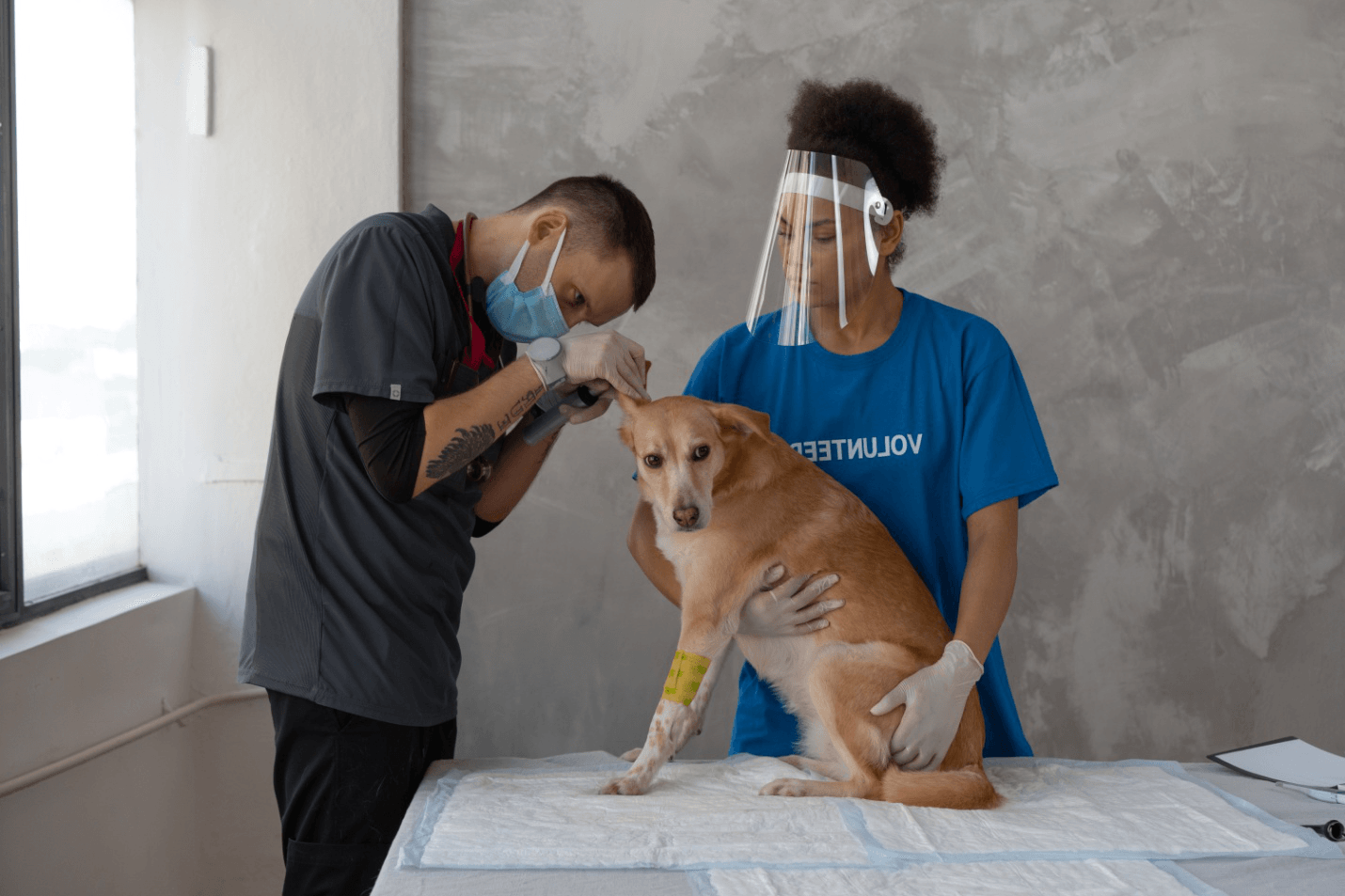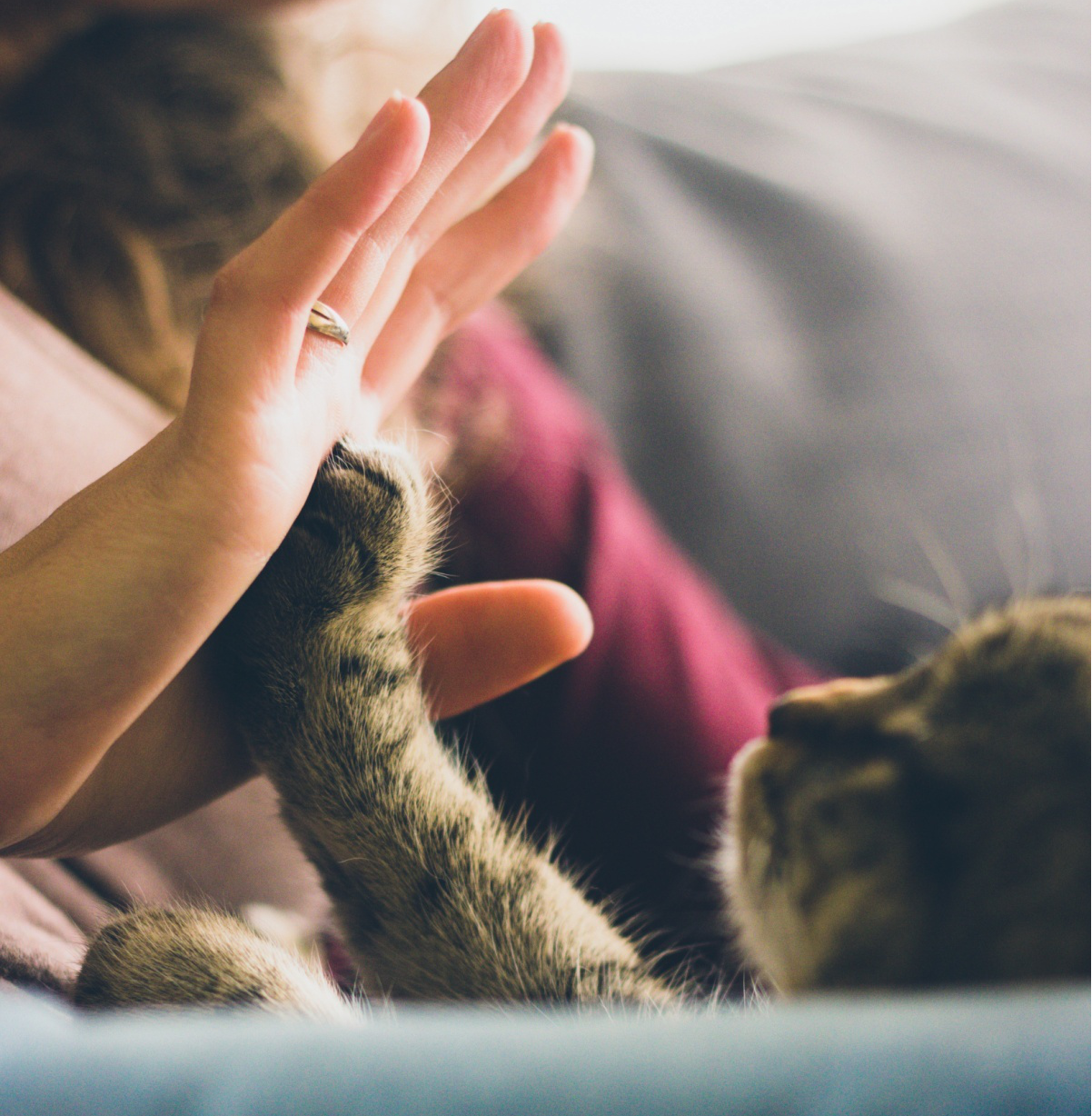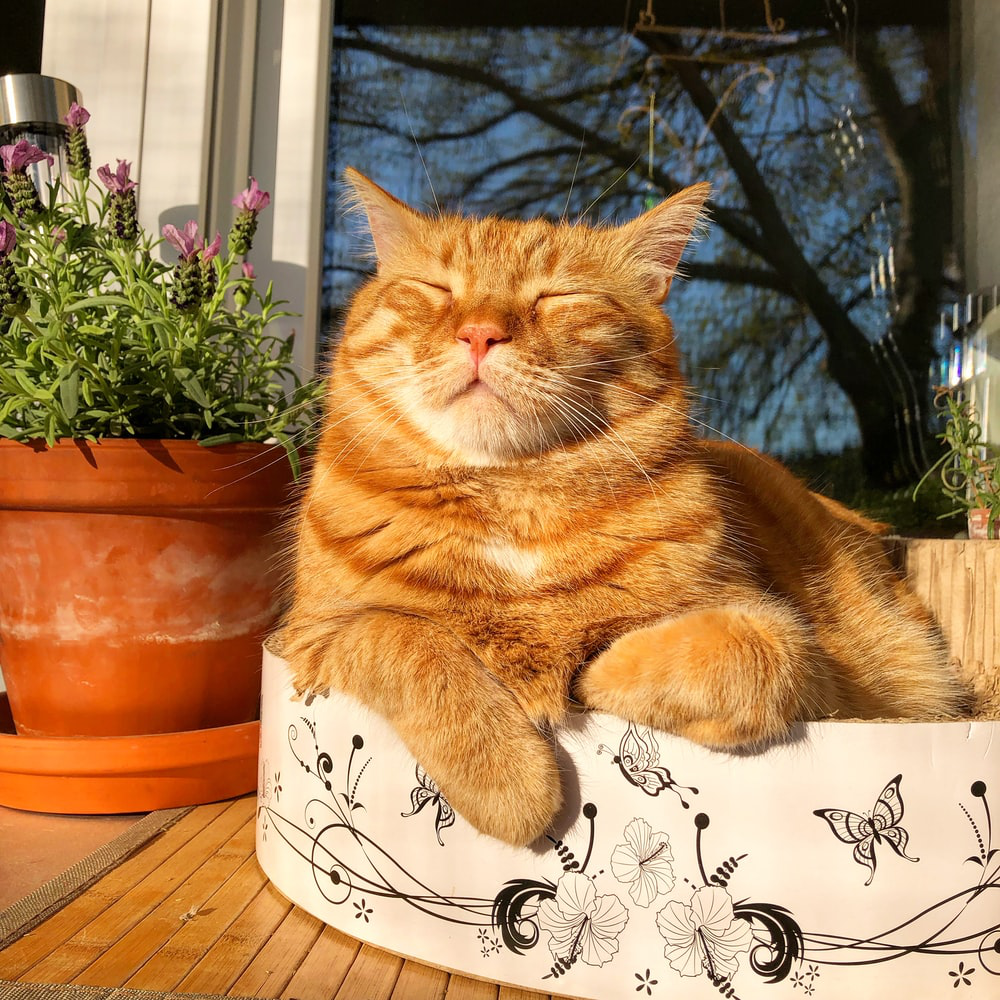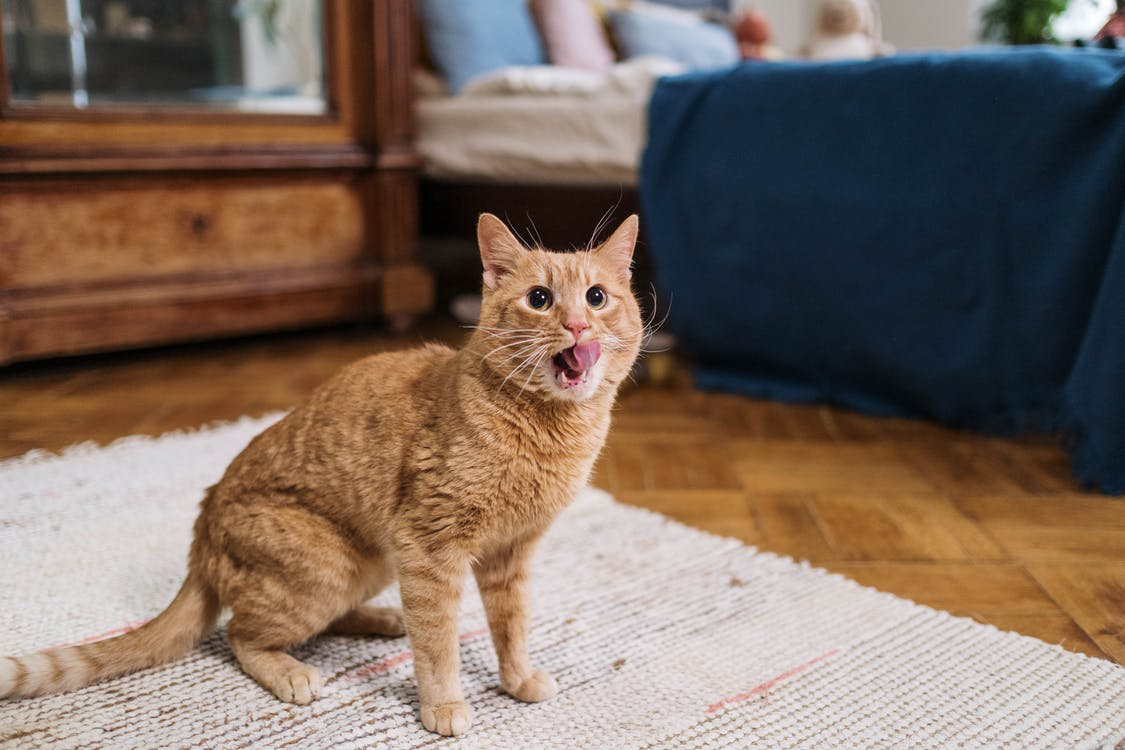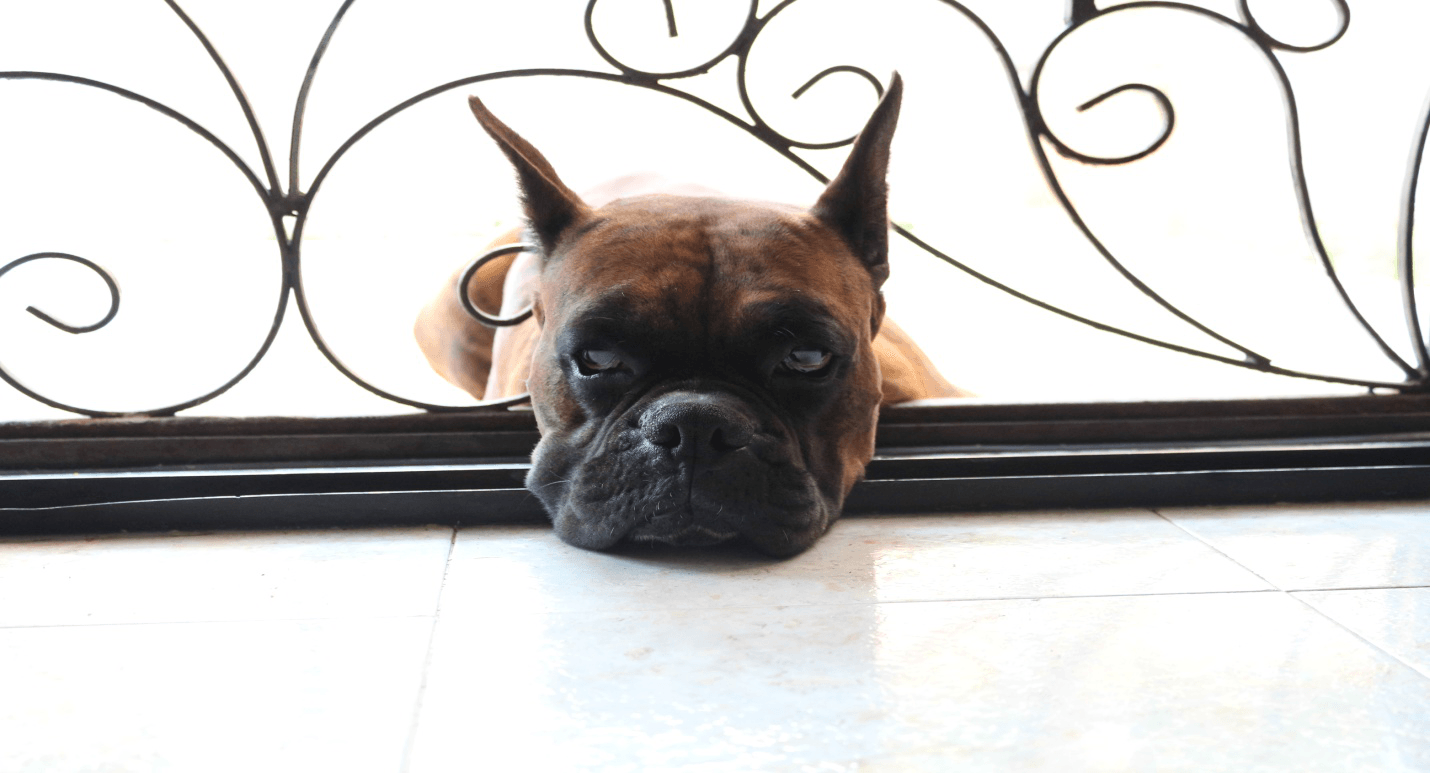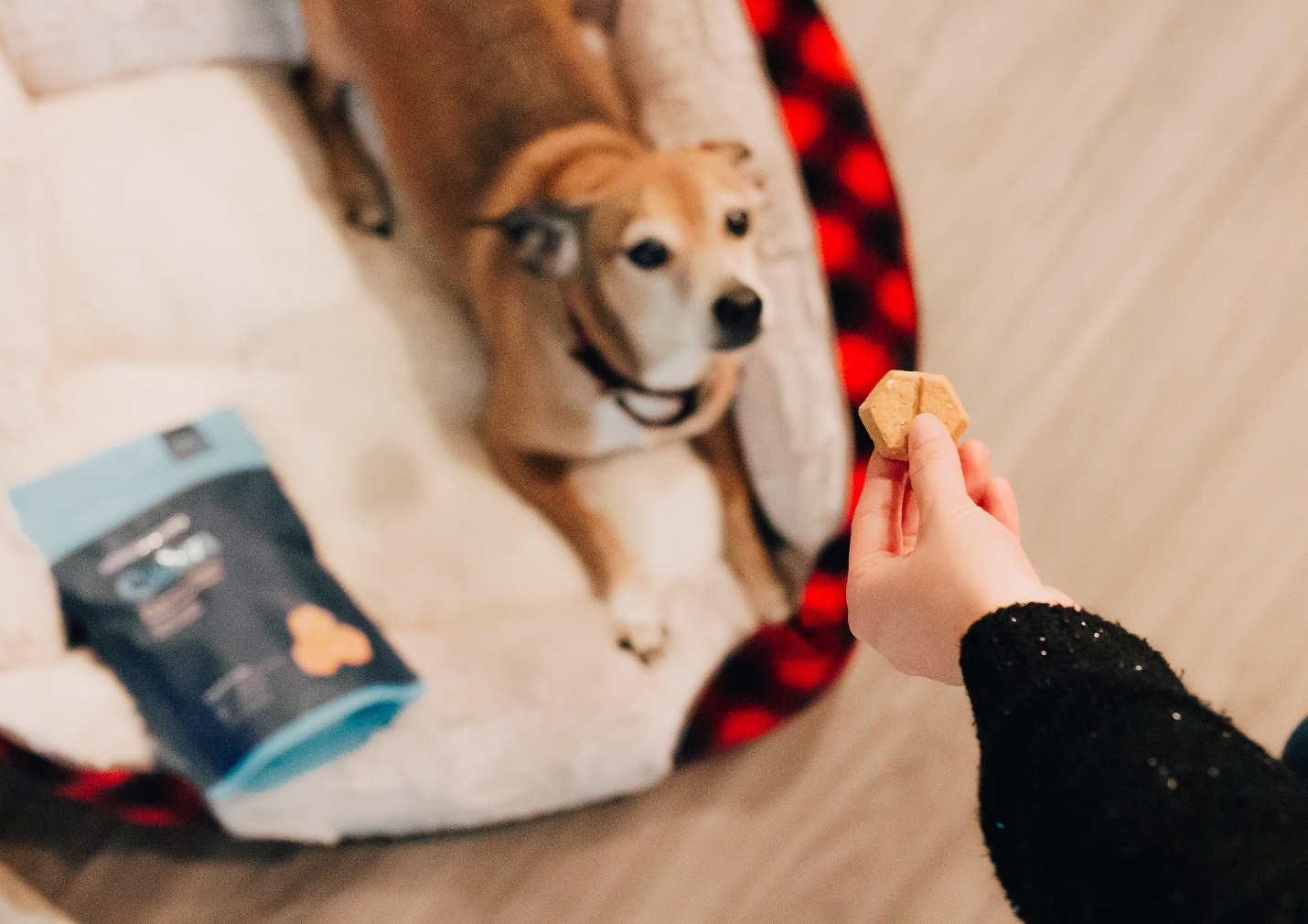A Bit of a Hairy Dilemma—What You Should Know about Cats and Hairballs
As a cat owner, you get used to a lot of… nauseating habits that your cat likes to indulge in. Case in point, licking themselves in some very unfortunate areas! But despite all this, nothing prepares you for when your cat starts hacking and retching, and then suddenly, they cough out their first hairball. Keep in mind,… The post A Bit of a Hairy Dilemma—What You Should Know about Cats and Hairballs appeared first on Staples Animal Hospital.
As a cat owner, you get used to a lot of… nauseating habits that your cat likes to indulge in. Case in point, licking themselves in some very unfortunate areas!
But despite all this, nothing prepares you for when your cat starts hacking and retching, and then suddenly, they cough out their first hairball.
Keep in mind, hacking out a hairball is as disturbing for your four-legged friend as it is for you. However, if you’re someone who likes to know what’s going on, we understand if you have a few questions, mainly, will this keep happening? Why is this happening? How do I make it stop?
And to answer all your questions, Staples Animal Hospital in London, Ontario is here to put your mind at ease!
The Facts of Cat Life—Learning about Hairballs
What are Hairballs?
The scientific term for hairballs is trichobezoars. Basically, any hair that your cat ingests gets expelled from their system through natural excretion. However, hair that doesn’t pass through the digestive tract ends up accumulating in the stomach, often in the form of a small wad. It’s this wad that your cat coughs up.
What Causes Hairballs?
You might have your cat’s grooming habits to blame!
Cats typically groom themselves for around 2–3 hours each day. When licking their fur, the dead hair that comes loose often ends up getting swallowed because of their tongue’s natural rough texture, which is made from backward-slanting papillae. Because of this, cats often end up swallowing hair, which, in turn, causes hairballs.
Are Hairballs Dangerous for My Cat’s Health?
Only if they groom themselves so much that the hair gets stuck in their stomach’s exit! Cats usually groom themselves more if they’re anxious. This act is a self-calming technique so if their grooming is excessive, you might want to take care of it now.
What Can I Do to Prevent My Cat from Getting these Hairballs?
According to veterinarians, hairballs aren’t something that you can completely prevent. But there are some things you can do to reduce their occurence, such as:
- Groom your cat regularly so there’s no excess fur on their body
- Give them a ‘hairball formula.’ This diet offers more fibre, which will aid gastrointestinal tract movement
- Give your cat a mild laxative so the hairball can pass through their system more easily
- Divert your cat’s attention and keep them engaged
Please note that while all of the above are good tactics, we still recommend that you discuss your cat’s hairball problem with a veterinarian so you know you’re taking the right step. Excessive shedding could be a symptom of an underlying medical issue so it pays to take the right precaution.
Conclusion
Hairballs can be difficult to deal with. This is why it’s important that you take these measures now, so you can prevent these nasty hairballs from becoming a problem in future.
And remember, if you ever have a problem, it always helps to book an appointment at a veterinary hospital so a professional in vet care London Ontariocan give your cat a good once-over. Better to be safe than sorry!


